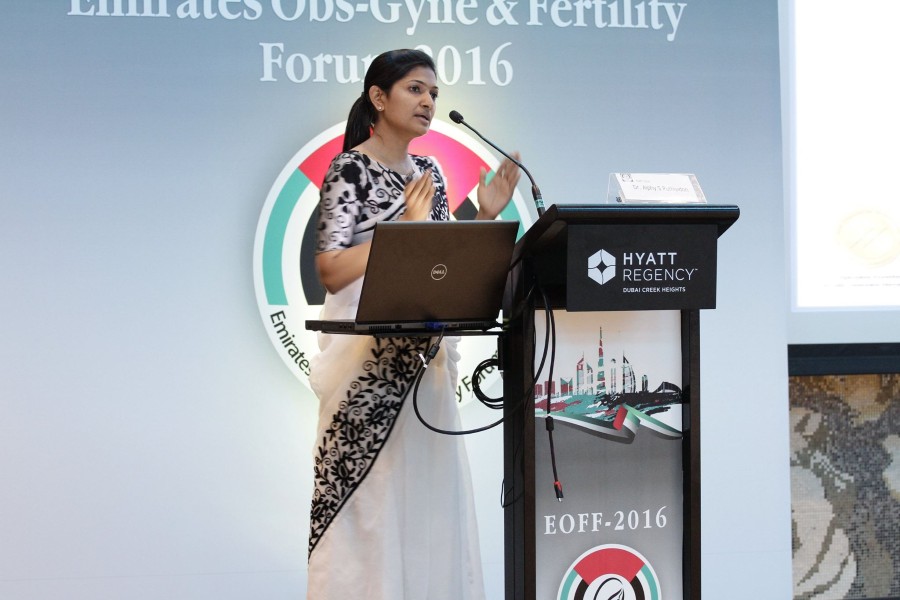Adenomyosis is a medical condition that primarily affects the uterus, specifically the endometrium (the inner lining of the uterus). In this condition, tissue that normally lines the uterus (endometrial tissue) begins to grow into the muscular wall of the uterus (myometrium). This can lead to several symptoms and complications.
Common symptoms of adenomyosis include:
1. Heavy Menstrual Bleeding: Women with adenomyosis often experience heavy menstrual bleeding (menorrhagia), which can lead to anemia over time.
2. Menstrual Pain: Adenomyosis can cause severe menstrual cramps (dysmenorrhea) that may not respond well to pain relievers.
3. Pelvic Pain: Some individuals with adenomyosis may experience chronic pelvic pain or discomfort, which can be constant or intermittent.
4. Enlarged Uterus: The uterus may become larger than usual due to the presence of adenomyosis.
5. Painful Intercourse: Sexual intercourse can be painful for some women with adenomyosis.

The exact cause of adenomyosis is not well understood, but it may be related to hormonal changes and inflammation. It is most commonly diagnosed in women who have had children and is typically seen in women between their late 30s and 50s, although it can occur at any age.
Diagnosis of adenomyosis often involves a combination of medical history assessment, physical examination, and imaging studies like ultrasound or MRI. In some cases, a definitive diagnosis may require a biopsy of the uterine tissue.

Treatment options for adenomyosis depend on the severity of symptoms and a person's desire for future fertility. They may include:
1. Pain Medications: Over-the-counter or prescription pain relievers can help manage menstrual pain.
2. Hormone Therapy: Hormonal treatments like birth control pills, hormonal IUDs, or GnRH agonists may be used to control symptoms.
3. Non-Surgical Procedures: Procedures like uterine artery embolization (UAE) or endometrial ablation may be considered to alleviate symptoms.
4. Surgery: In severe cases or when fertility is not a concern, a hysterectomy (removal of the uterus) may be recommended as a definitive treatment.
It's important for individuals experiencing symptoms of adenomyosis to consult with a healthcare provider for a proper evaluation and to discuss the most appropriate treatment options based on their specific circumstances.